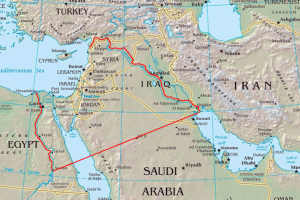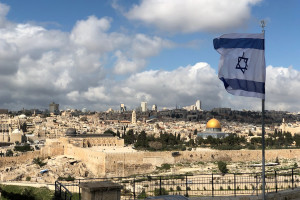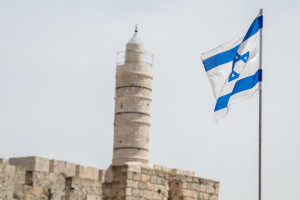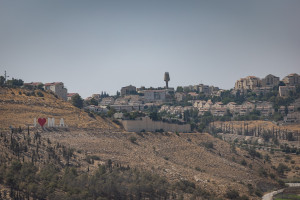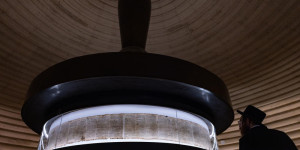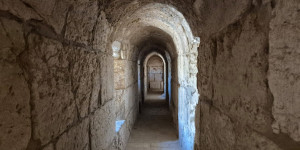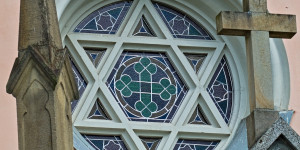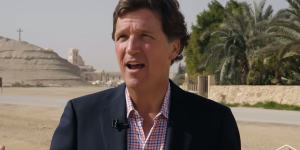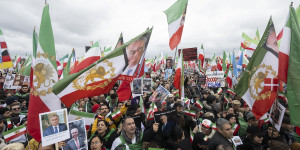Does the E1 settlement approval doom a Palestinian state? Understanding some of the facts behind Israel’s move and the international uproar
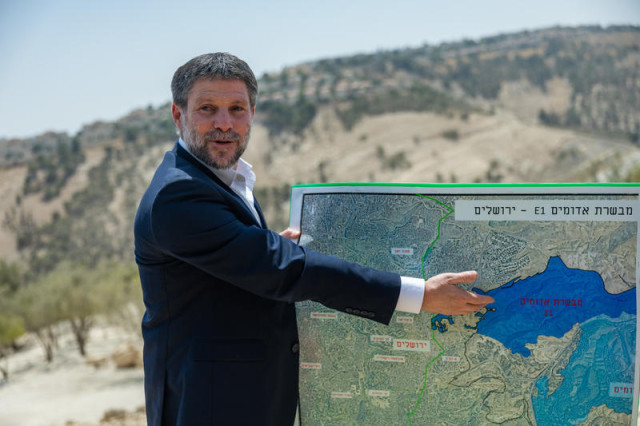
The Israeli government on Wednesday approved the construction of over 3,400 housing units in the E1 area of Judea and Samaria, a highly contentious area, as many two-state proponents assume this area would house the future East Jerusalem capital of the Palestinian state.
The approval of construction in E1 would see the building of over 3,400 residential units in the corridor. Work on the project is expected to begin within the next few months – to establish the necessary infrastructure – with construction on the housing units expected to start within the next year.
The announcement of the construction approval and the opening of tenders drew global condemnation, with international leaders claiming that the construction of Israeli residential areas in the E1 territory would make the realization of a Palestinian state more difficult. This viewpoint is shared by many of Israeli leaders, such as Finance Minister Bezalel Smotrich, who claimed that the approval “practically erases the two-state delusion and consolidates the Jewish people’s hold on the heart of the Land of Israel.”
So what is the E1 area, and why is the announcement of the construction project so controversial?
History of the E1 area east of Jerusalem
The E1 corridor is an area of land east of Jerusalem and mostly northwest of Ma’ale Adumim, a city in Judea which lies on Highway 1 between Jerusalem and Jericho. The corridor is largely contained within the municipal boundaries of the city of Ma’ale Adumim.
There are several small Bedouin communities located within or at the edges of E1, as well as a large Israel Police headquarters, which serves the Jewish communities in the area, including Ma’ale Adumim, Mishor Adumim, Nofei Prat, and Kfar Adumim.
Apart from the Bedouin communities, there are no permanent Palestinian Arab communities within the E1 tract.
Much of the E1 tract was transferred to the Ma’ale Adumim municipality in 1991, under the government of Yitzhak Shamir. In 1994, the Higher Planning Council of Judea and Samaria's Subcommittee for Settlement proposed a plan for expanded residential development within the territory that is similar to the one approved by the current government.
According to the Oslo Accords, which were meant to lead to a two-state solution, E1 was part of Area C and fell under Israeli jurisdiction, including planning and zoning. Almost every prime minister since has supported maintaining Israeli sovereignty over the corridor. Even in negotiations with the Palestinian Authority, then-Prime Minister Ehud Barak insisted on retaining Israeli control over E1, offering it as part of the concessions in exchange for ceding areas of East Jerusalem for a future Palestinian capital.
While subsequent governments have taken small steps to increase Israeli control over the corridor, none have directly approved the construction of new residential settlements in the area, as such a move was opposed by U.S. administrations. In 2005, a similar move to approve construction in E1 was halted after pressure from then-U.S. President George W. Bush.
Since that time, moves to approve construction in E1 have largely followed attempts by the international community to impose a two-state reality on the contentious political situation.
For example, after the United Nations voted to extend non-member status to the State of Palestine in 2012, then-Prime Minister Benjamin Netanyahu began the approval process, but stopped following significant international pressure.
During the rise in Palestinian terror attacks in 2023, the coalition government again threatened to approve construction in E1, but halted the process following pressure from the administration of former U.S. President Joe Biden.
The importance to Israel
The Israeli government views the E1 corridor, along with the municipality of Ma’ale Adumim, as critical to Israel’s security interests, as it helps provide strategic depth for any threats coming from the east, especially in defense of Jerusalem. The government has previously stated that Israeli sovereignty over E1 would not present an insurmountable threat to the formation of a continuous Palestinian state, as the territory east of Ma’ale Adumim until the Jordan River could still remain under the control of the Palestinian state in a future agreement.
The Israeli government has noted that while the Oslo Accords give it zoning and planning authority in Area C – and thus render any Palestinian construction in such areas illegal without prior approval – the international community only protests Israeli construction in those areas, not Palestinian construction.
Palestinian and International opposition
Palestinian groups, including the Palestinian Authority (PA), have opposed the construction of Israeli settlements in E1 and other areas of Judea and Samaria, as they view such settlements as taking away from the territory of a future Palestinian state. Additionally, Palestinians have claimed that Israeli settlement in E1 would negatively impact both the territorial integrity of a future Palestinian state, as well as make travel between the northern and southern Palestinian communities in the territories more difficult.
The PA released a statement condemning the approval, saying, "This undermines the chances of implementing the two-state solution, establishing a Palestinian state on the ground, and fragments its geographic and demographic unity.”
This view was expressed by the Israeli NGO Peace Now, which stated that such a settlement “would cut the West Bank in two and prevent the development of the metropolitan area between Ramallah, East Jerusalem, and Bethlehem.”
Palestinians traveling north to south through the Palestinian Territories often have to take detours to avoid checkpoints. The PA says the E1 project would worsen the travel between the cities of Bethlehem and Ramallah. The Israeli government is currently working to build a bypass road to enable Palestinians to travel between the two cities without having to drive on Israeli roads, which would subject the Palestinians to checkpoints.
International opposition to the E1 plan echoes that of the Palestinians, and continues longstanding opposition to any Israeli settlement in the territory Israel conquered from Jordan during the 1967 Six-Day War.
The UN’s International Court of Justice ruled in 2024 that all Israeli settlements in the West Bank [Judea and Samaria] are illegal and in contradiction to the Geneva Convention, which prohibits the transfer of residents into occupied territory taken by force.
Stephane Dujarric, spokesman for UN Secretary-General António Guterres, said in a statement: "The advancement of this project is an existential threat to the two-State solution. It would sever the northern and southern West Bank and have severe consequences for the territorial contiguity of the Occupied Palestinian Territory.”
Why now?
As in the past, the move to grant approval is clearly a response to recent actions by the international community, which is attempting to impose an end to the Oct. 7 Gaza War and a two-state solution on the current situation.
Recent announcements by Western nations signaling plans to recognize a Palestinian state at the upcoming UN General Assembly in September reflect growing frustration with the unresolved conflict. However, such steps are viewed as counterproductive, since all previous agreements stipulate that Israel and the PA must reach a negotiated solution.
In fact, Finance Minister Smotrich said that the action was meant to counteract such declarations by the international community.
“The Palestinian state is being erased from the table not by slogans but by deeds,” Smotrich said following the announcement of construction approval. “Every settlement, every neighborhood, every housing unit is another nail in the coffin of this dangerous idea.”
In a recent interview with Al Arabiya, U.S. Ambassador to Israel Mike Huckabee said that recent European attempts to pressure Israel have led to such “aggressive” decisions by the Israeli government.
“One of the reasons we’re seeing the more aggressive decision to move into some of these areas is because it’s in reaction to what the Europeans have done in concert with the Palestinian Authority, pushing for a unilateral recognition of a Palestinian state,” Huckabee told Al Arabiya English news anchor Melinda Nucifora.
Huckabee warned that continued actions to pressure Israel in similar ways could lead to further Israeli action, including annexation or a declaration of sovereignty.
“So I don’t know what the Europeans thought they were going to accomplish, but by their actions, they’re accomplishing something that I don’t think they wanted to do and that is to essentially give a green light or encourage the Israelis to go ahead and take more pieces of Judea and Samaria, either by declaring sovereignty or annexation,” Huckabee continued.
The administration of U.S. President Donald Trump has so far refused to condemn the E1 project approval.
Government ministers had previously threatened to declare Israeli sovereignty over all of Judea and Samaria if Western nations, such as France, Britain, Canada, and Australia, were to recognize a Palestinian state apart from a negotiated settlement.
The approval of the E1 construction gives teeth to such a threat and lets the governments of such countries know that attempts to impose unilateral pressure on Israel alone could backfire, pushing a Palestinian state further away.
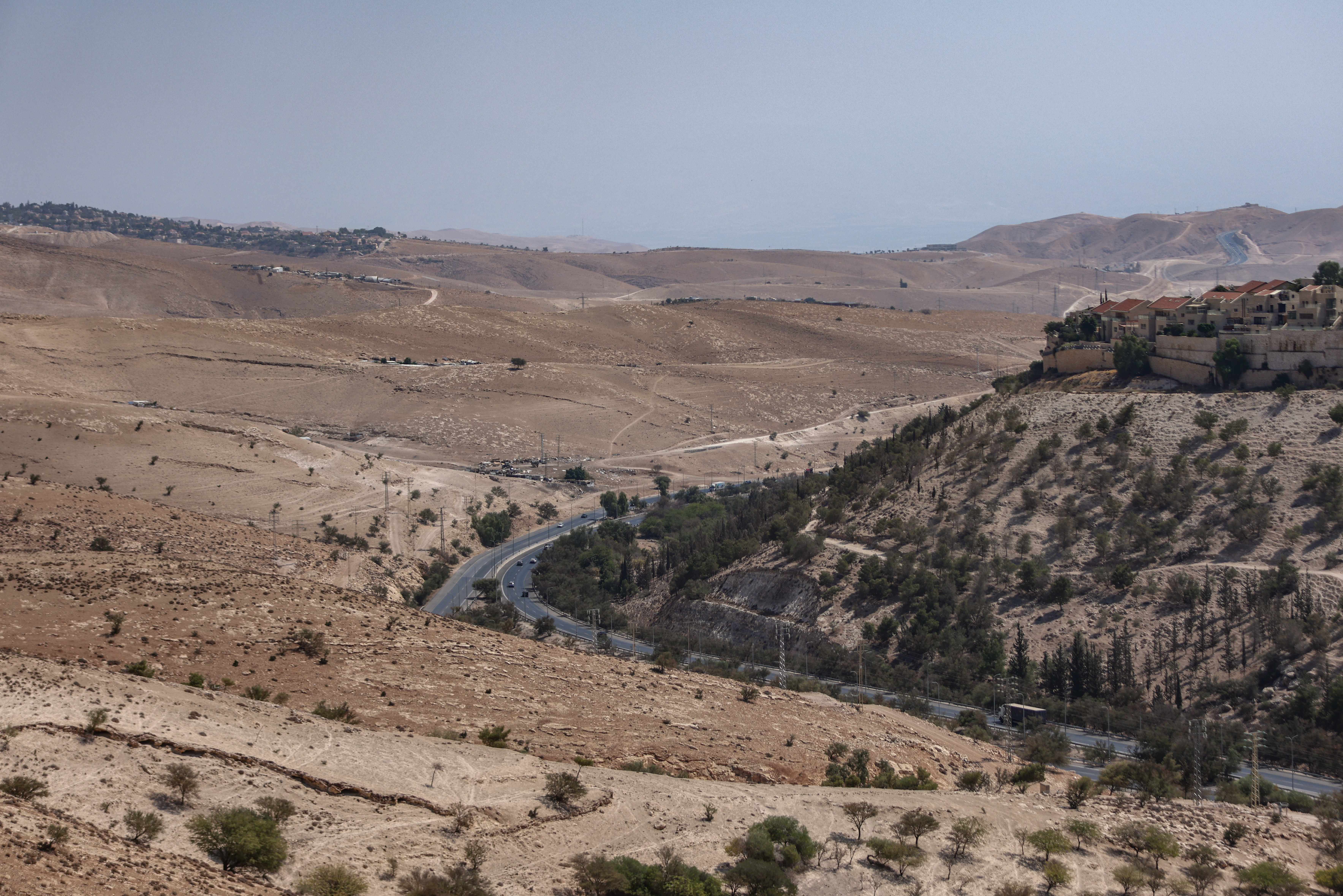
Is All Israel News’ faithful reporting important to you? Be part of it—help us continue by becoming a $5/month supporting partner.

J. Micah Hancock is a current Master’s student at the Hebrew University, pursuing a degree in Jewish History. Previously, he studied Biblical studies and journalism in his B.A. in the United States. He joined All Israel News as a reporter in 2022, and currently lives near Jerusalem with his wife and children.
You might also like to read this:


